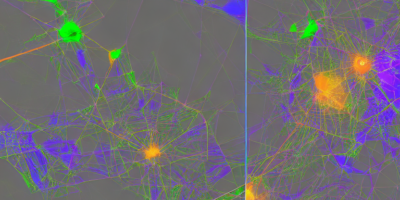In this article, we discuss a new algorithm called ALKIA-X for solving the kernelized multi-armed bandit problem (KMAB). The KMAB is a challenging problem in machine learning that involves selecting arms (i.e., actions or strategies) based on their expected rewards, while taking into account the uncertainty of these rewards.
The key innovation of ALKIA-X is its ability to adaptively adjust the length scale of the kernel function used for approximating the expected rewards. This allows the algorithm to balance the trade-off between exploration (trying new arms to gather more information) and exploitation (choosing arms with known high expected rewards).
The algorithm works by first partitioning the domain into sub-domains and then sampling equidistantly within each sub-domain. This allows the algorithm to capture the underlying structure of the data while reducing the computational complexity of the algorithm.
The main result of the article is a theorem that provides an upper bound on the sample complexity of ALKIA-X, which ensures that the algorithm terminates after a reasonable number of samples have been collected. The theorem also shows that the resulting localized approximating function satisfies an error bound, which guarantees that the approximation error is uniformly bounded.
In summary, ALKIA-X is a new algorithm for solving the kernelized multi-armed bandit problem that adaptively adjusts the length scale of the kernel function to balance exploration and exploitation. The algorithm has a polynomial sample complexity guarantee and provides an error bound on the approximation error, making it a useful tool for solving real-world machine learning problems.



